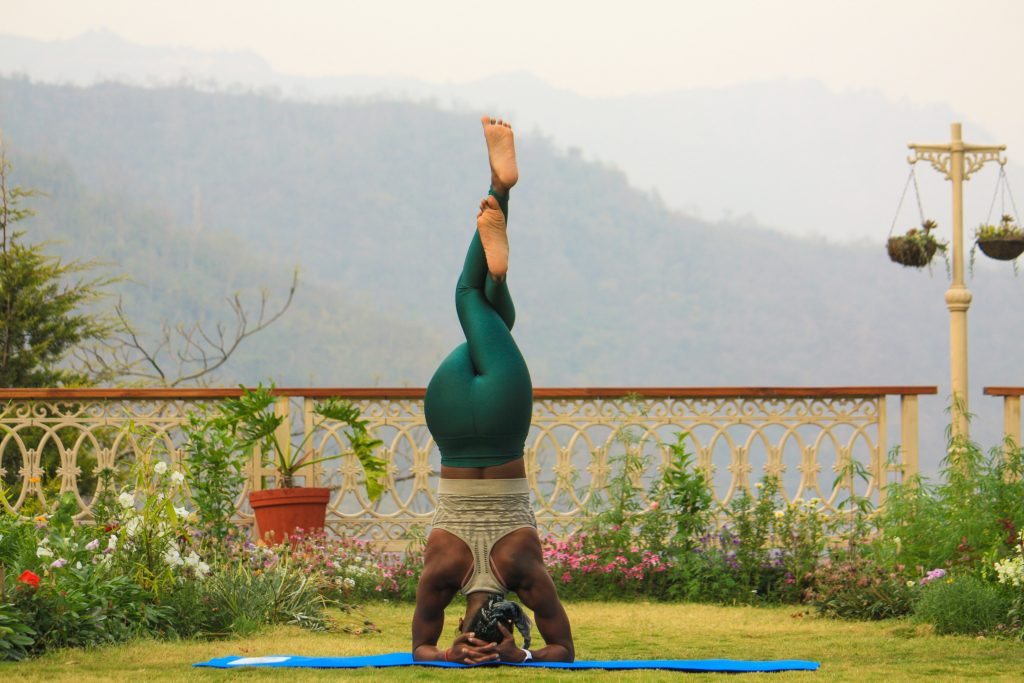
Finding new ways to be healthy
The topic of intersectionality came up the other day in my Intro to Civic Media class. We were asked how our identities shape/affect our respective projects.
It was interesting for me because this is something that I think about a lot. My project is focused around food insecurity in Chicago’s Austin neighborhood. Austin is a food desert, which means most residents do not have access to healthy food options in their community.
I live in Lake View. There’s two grocery stores within walking distance from my apartment, and farmer’s markets when the weather permits it. I’m thankful that I can cross the street to Jewel Osco and easily find vegetables and quinoa. However, the fact that these things are still considered a luxury has been bothering me for a while.
I recently started thinking more about my health, and more importantly, what it means to be healthy. I struggled with self-image and body issues since I was at least 11 or 12. I was a chubby kid, which is normal for a lot of us and not a big deal in retrospect, but as a child it feels really bad. Because I lived in a predominantly white area and went to a predominantly white school, I already felt different enough because my skin color and my hair and what I ate at home all differed from my peers.
At home, there were no conversations about health and wellness. I’m a vegetarian now, but growing up I ate a lot of red meat like pork chops and steak and burgers; I ate fried foods; I ate too much McDonald’s and too many honey buns. Essentially, I ate whatever I wanted. This isn’t necessarily a bad thing – I eat whatever I want now as well.
Along with not discussing diet in my home, there weren’t any conversations about mental health either. I’ve struggled with anxiety since before I knew the name for it. I thought it was normal to stress cry each week or hyperventilate when I assumed my parents were mad at me. I was just told I was sensitive and that was the extent of the dialogue about that.
My mom was seemingly always on some type of diet, trying to shrink herself to “get her body back” to what it looked like before she had kids I presume. Dieting was about an aesthetic, at least that’s what weight loss commercials and social media told me. It was never about gaining more energy or even health – it was always about making yourself smaller and more attractive.
It wasn’t until this year that I really started to think about how my health was affecting my everyday life. I had two panic attacks during winter break because I had nothing to do and even that stressed me out. So I went back home to Wisconsin to be with my mom for a little bit. I told her how I was feeling, and that I reached out to a counselor who I’d be speaking with soon.
She was supportive of course, and asked why I’ve been anxious – is it school or my boyfriend or the pandemic? Then she made me a rum cake, bought me a new outfit and told me everything was going to be alright.
She’s right, everything will be alright.
To alleviate some of the anxiety I’ve been dealing with, I’ve been doing yoga every other day (shout out to Corepower), I’ve been eating more plants, meditating everyday, telling people when I don’t feel well and lastly I started medication this week for the first time in my life.
I’m hopeful that I’ll feel less anxious soon and just generally happier and more comfortable with who I am, but I couldn’t help but think about how privileged I am to have the options that I do. And then I started thinking about my project again, and I felt frustrated and angry.
Fortunately I’m still on my parents’ medical insurance, so I can afford to talk to someone about how I’m feeling and also get medication for it. I can also pay $20 per month to have Corepower Yoga on demand.
Getting and staying healthy is difficult enough without the barriers of an oppressive system. Health and wellness shouldn’t solely be an individual’s responsibility. Not only does making one’s health “their issue” stigmatizing, it’s just not honest. The state of our health is impacted by our surroundings, upbringing, culture and familial history all of which we have little to no control over.
Blaming a person for their poor health is victim blaming.
One thing I learned from Intro to Civic Media is by refusing to see someone’s identities, you’re refusing to acknowledge the systems of oppression that affect who they are, and that those systems even exist.
Aside from continuing to work with the Austin groups that are combating food insecurity right now, I also thought it would be a good idea to look inward and reevaluate my own health. I’m thankful that I did.
